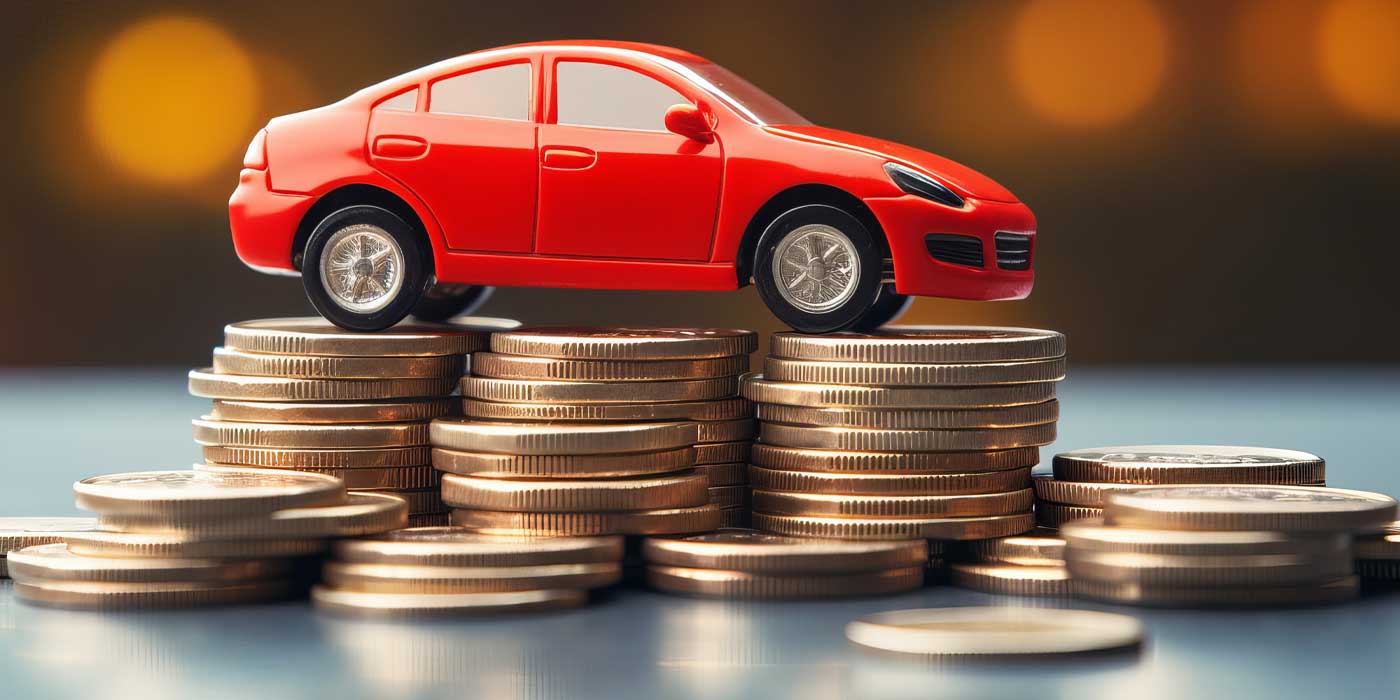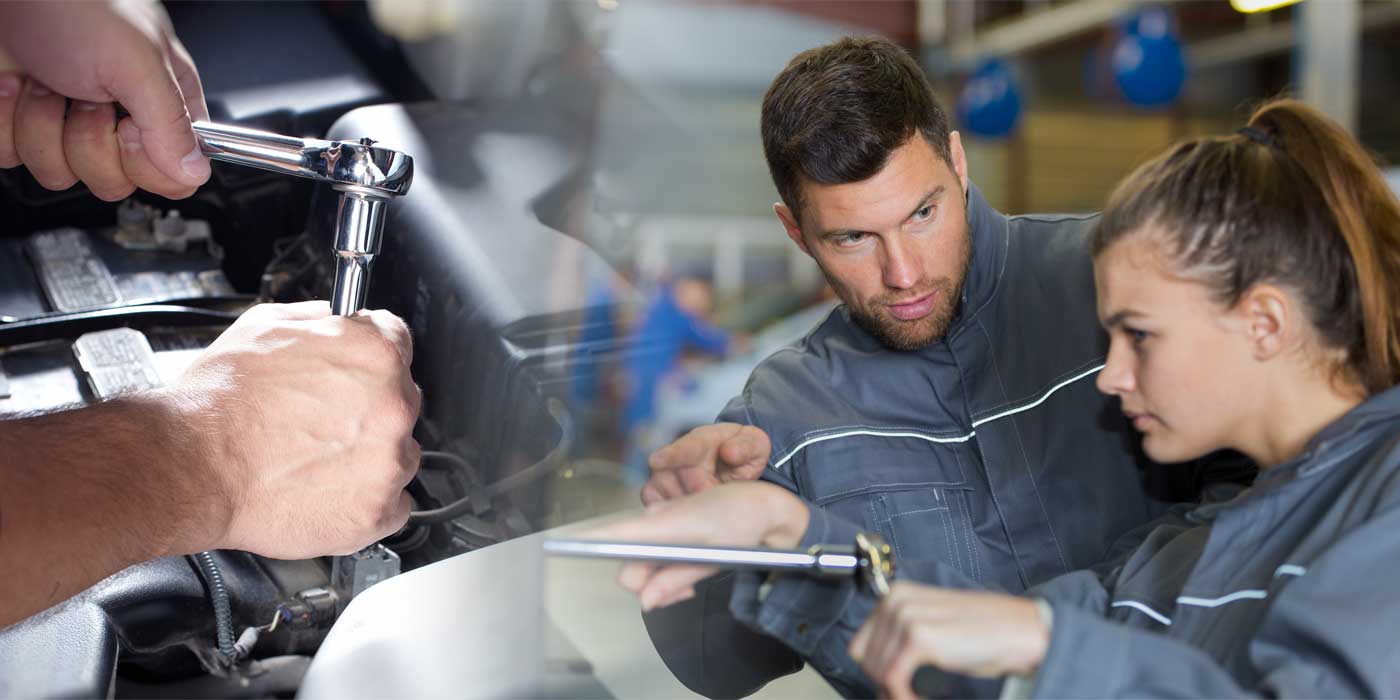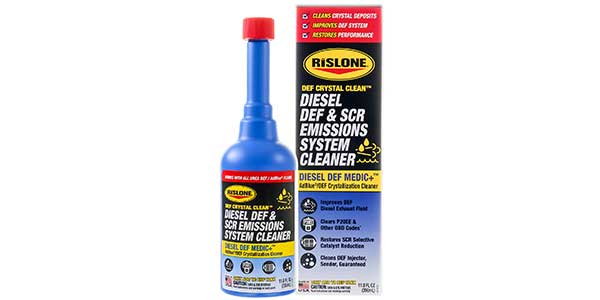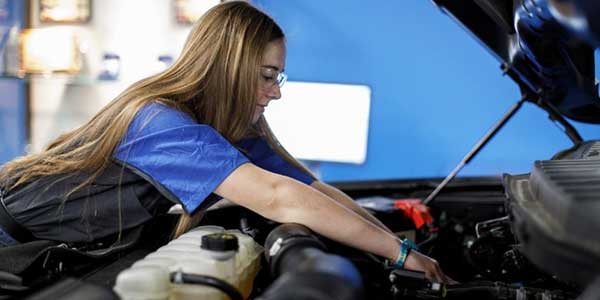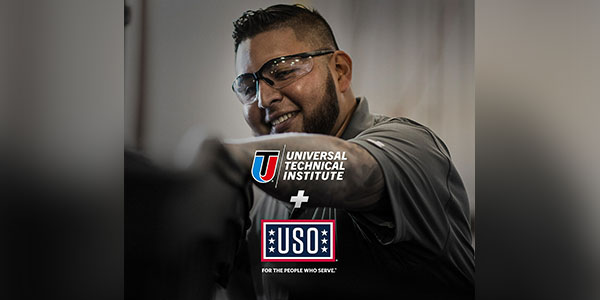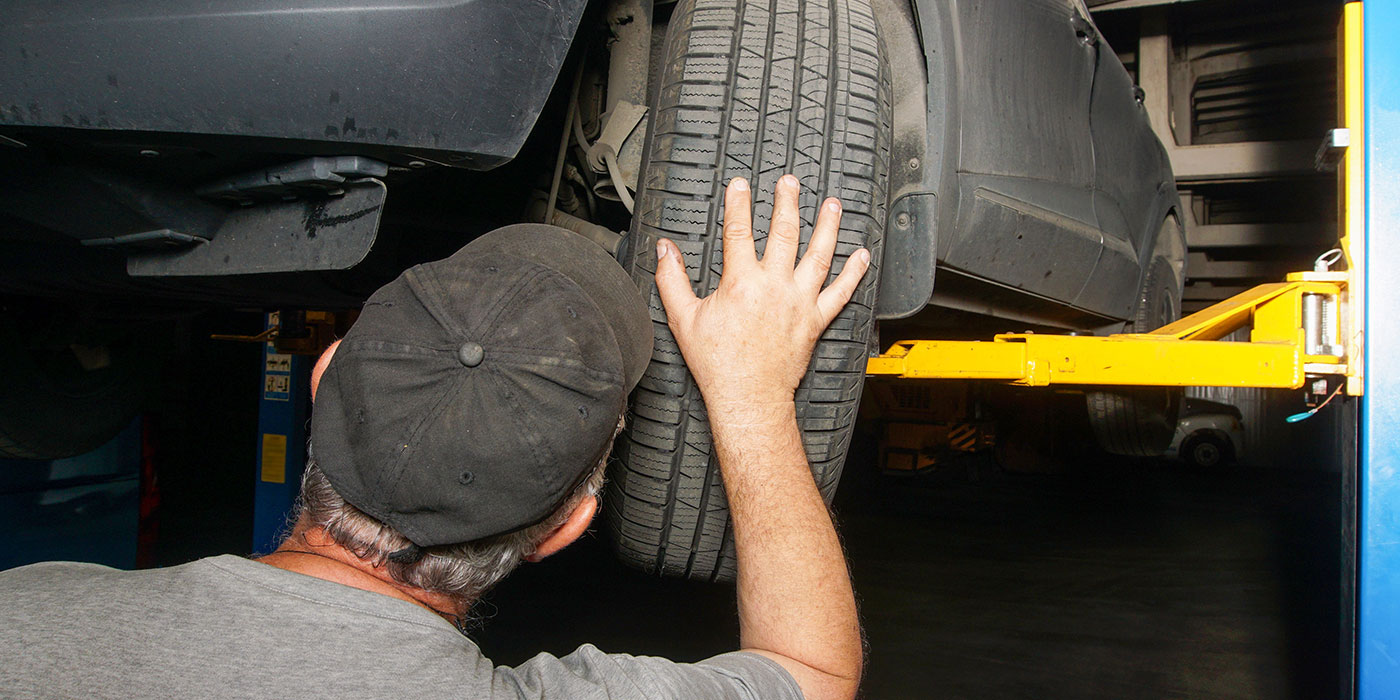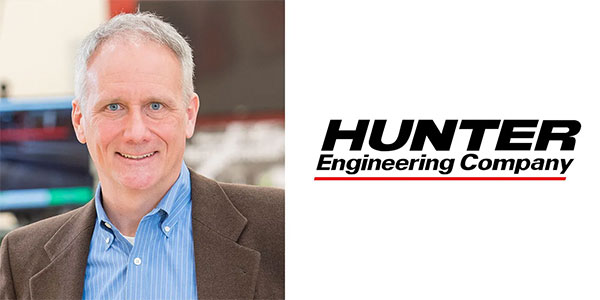Every time new technology begins going mainstream, there’s an inevitable comparison between the effectiveness of a computer handling a task and a person handling it. This holds true in the automotive retailing world, especially over the last couple of decades as digitization and automation have delivered significant process improvements and created new efficiencies in the dealership.
The most common refrain — one that we’re all familiar with by now — is that machines are not equipped to do things as well as trained professionals. This is especially the case with tasks associated with “soft skills,” like talking to customers.
What’s interesting is we often see technology welcomed when it handles tasks that we don’t inherently like to do — tasks like data entry and writing emails to follow up with customers. But when we perceive the task as something we uniquely bring value to, like making connections and building relationships, it gets a little harder to embrace the technology. To build on the resistance, it is often very difficult to separate individual tasks from processes we built in the past. As an example, building a relationship often starts with eye contact and a handshake. But, is the most effective time to do that the second a customer walks into your store?
Can you reevaluate the processes you use today to make the role of employees even more valuable? It’s important to remember automation and digitization don’t always equate to someone’s job function being entirely replaced by a machine. In fact, what’s far more common is for specific tasks (usually the most tedious, repetitive and time-consuming ones) to be offloaded to a machine. This frees up employees to focus on more creative or complex work that a machine can’t perform as well. Typically, this is the work we enjoy and what truly drives value.
Automotive retailers are no strangers to the automation debate, as every new technological solution that increases efficiency and productivity in the dealership raises the question of what is more effective: machines or employees.
One example that’s causing a stir right now is self-service kiosks in the service department.
Self-Service Kiosks: Here to Help – or Replace?
First, a quick refresher for those who may be unfamiliar: “Self-service kiosk” refers to customer-facing devices in the service department that allow customers to do everything from checking in and dropping off keys to paying for service.
The first benefit of such a solution is convenience. In an age where we’re all busier than we’ve ever been, working with the various schedules of hundreds of customers is key to making their service experiences as smooth and efficient as possible. A self-service kiosk allows the customer to dictate the timing of these interactions.
The second benefit is increased opportunities to upsell. Not only are your customers checking in, dropping off keys and paying at the kiosk, but they’re also receiving information about recommended additional maintenance, current special offers in the service department, open recalls on their vehicles and more. If the customer doesn’t choose to buy right then, this first pass primes them and actually increases the effectiveness of the advisor when upselling later.
Now, this description does imply that advisors aren’t greeting customers as soon as they enter your service drive, and that’s where a lot of hesitation stems from. Will kiosks do this job so well that they render your advisors obsolete, at least in terms of customer interactions?
Well, no. Your advisors are still critical, as they can step in to explain, educate or provide more in-depth information on services performed as well as recommend additional maintenance. This is about a process shift to be more efficient and effective rather than a people-versus-technology decision.
By allowing the kiosk to handle the menial aspects of the process, your advisors are freed up to focus on addressing any unique needs that arise that a machine isn’t equipped to handle.
Let’s not forget that not all customers want to interact with a kiosk. By giving customers the option, it personalizes their experience and provides value where they most want it. It also frees up your advisors to have more time with the customers who do want to work with a person versus wasting their time with customers who just want to get in and out. Your advisors can have more impactful interactions that result in better customer experiences and more profits.
This is not replacement. This is leveraging technology to empower your advisors to do their jobs more profitably. It’s also a ticket to increased efficiency in the service department, as long lines waiting to drop off a vehicle first thing in the morning (something that has never made for a happy, satisfied customer) evaporate into thin air.
Are self-service kiosks here to replace your service advisors? No. What they are here to do is help make your service department run in a more efficient, customer-focused fashion as well as generate more profit for your dealership.
That’s not a threat to anyone — it’s a win for everyone.


